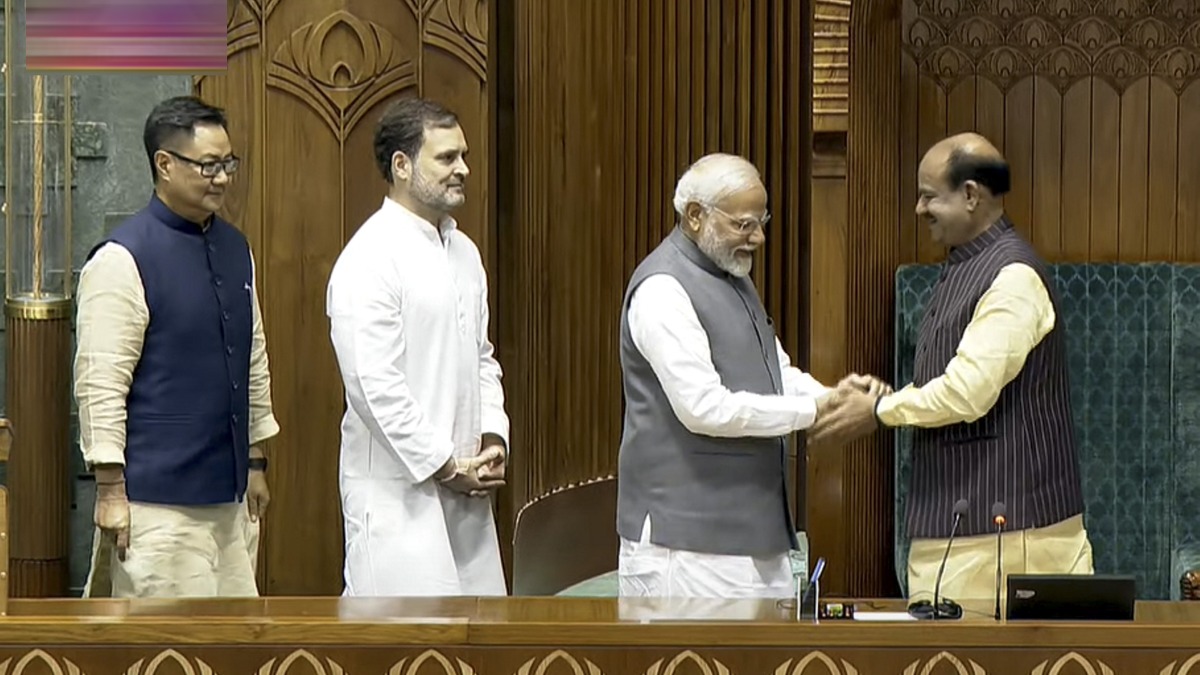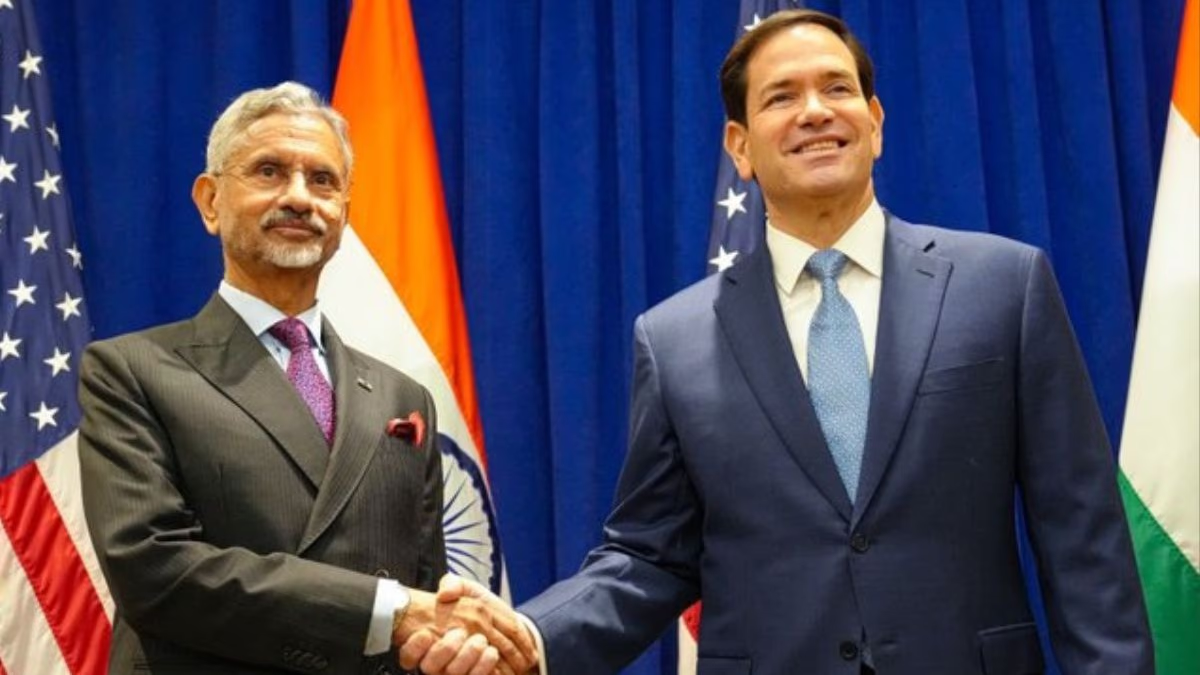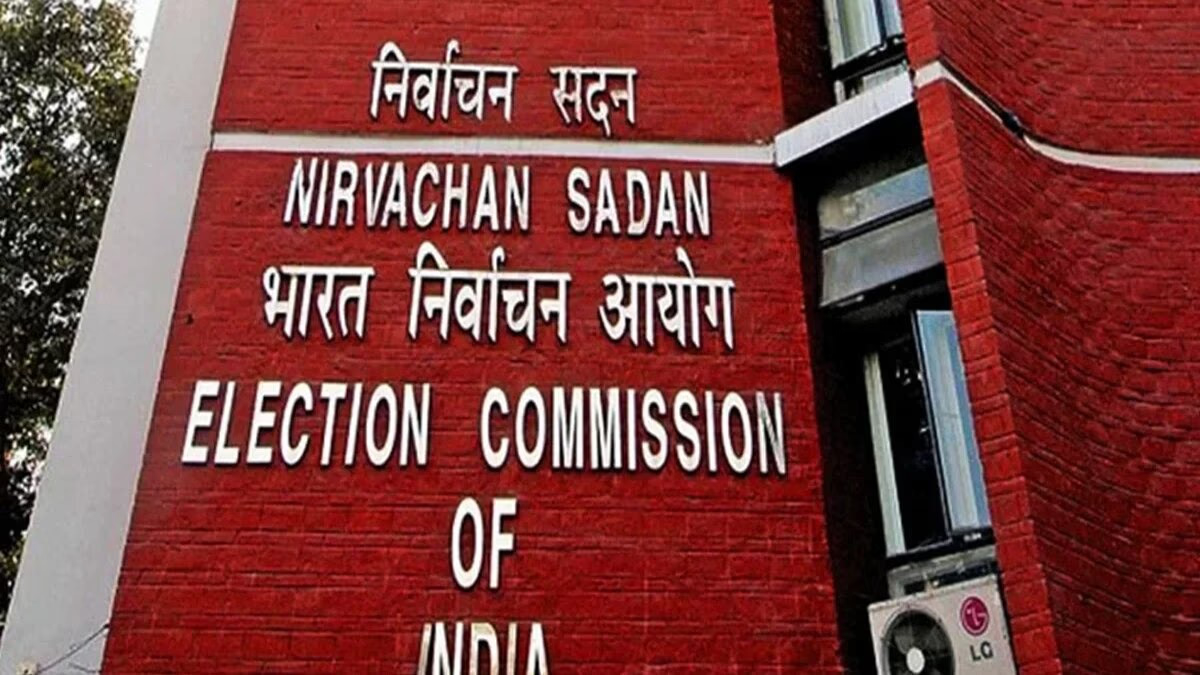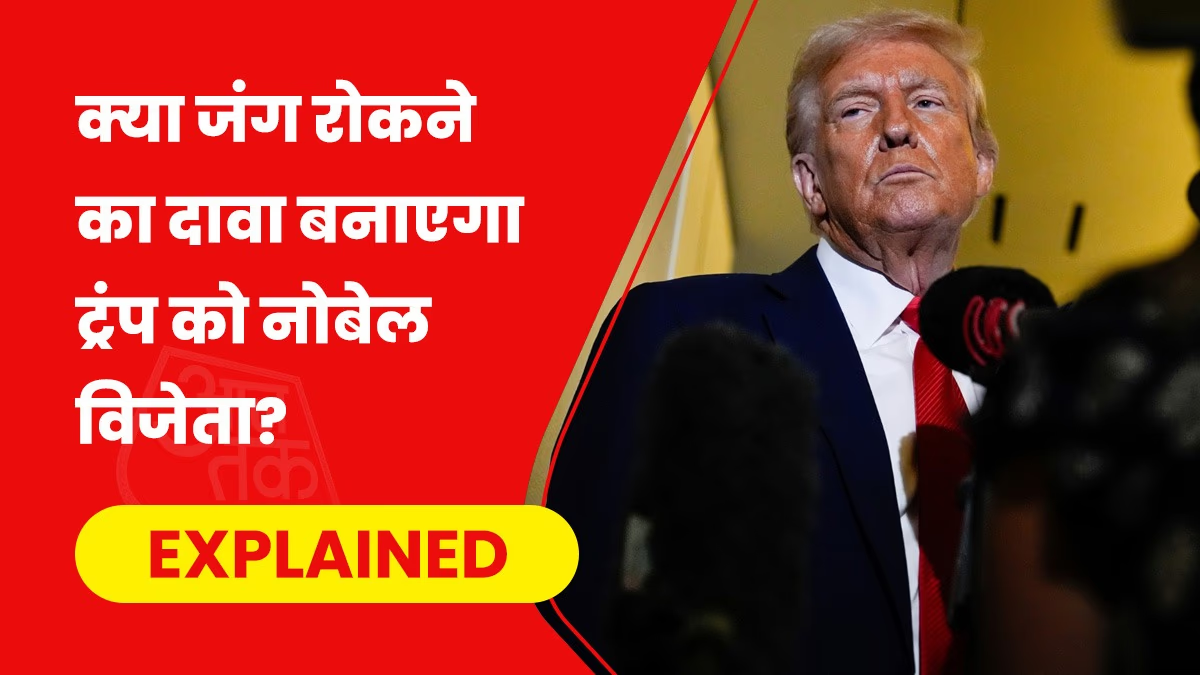BJP MP Om Birla was chosen on Tuesday as the Lok Sabha Speaker for a consecutive second term. The election was conducted by a voice vote. Initially, there were hints of a split in the vote for Speaker, but eventually, Birla was declared elected by a voice vote. The opposition had nominated K. Suresh as their candidate. Birla thus became the sixth Speaker who has been re-elected for the post. He is also the second Speaker to be elected for another term after the completion of one. Upon his election, Prime Minister Modi congratulated him, highlighting the significant responsibilities bestowed upon Om Birla and expressing confidence that his five years of experience would prove most valuable in future guidance.
Pro-Tem Speaker Bhartruhari Mahtab announced the results. Subsequently, Prime Minister Narendra Modi, Opposition Leader Rahul Gandhi, and Minister of Parliamentary Affairs Kiren Rijiju escorted Birla to the Speaker's chair, extending their well-wishes.
The Opposition's Strategy Unveiled
The speculation of a vote for the Speaker's election surfaced, but it did not materialize on Wednesday morning, proceeding instead with a voice vote without any dissent from the opposition. Nevertheless, leaders from Congress and the Indian Bloc argued that fielding a candidate for Speaker was a part of their strategy, underscoring it as a principled opposition to the government's break from tradition.
No Consensus Initially Reached
The BJP-led NDA and the opposition Indian Bloc initially reached a consensus on the Speaker's post. NDA representatives, Defence Minister Rajnath Singh and Minister of Parliamentary Affairs Kiren Rijiju, held discussions with opposition leaders. On the morning of Tuesday, Rajnath Singh invited opposition leaders to his office, seeking their endorsement through a supporting letter. The opposition posited the condition of conceding the Deputy Speaker's post in exchange for supporting Om Birla, which led to an impasse, and the ruling party declined the condition.
Where did the Talks Fall Through?
Commerce Minister Piyush Goyal stated Rajnath Singh had three separate discussions with Congress President Mallikarjun Khadge within two days. On the morning of the election, Rajnath and Khadge engaged in conversation, which, due to Khadge's busyness, resulted in delegating the ongoing talks to Congress General Secretary KC Venugopal. Venugopal and DMK leader TR Baalu then met in the parliamentary office with officials including Home Minister Amit Shah, BJP President JP Nadda, but the India Bloc leaders clarified that the tradition demanded the opposition be granted the Deputy Speaker's post, as a precondition for their support for the Speaker. The ruling coalition refused to offer any guarantees, proposing instead a later discussion upon nomination revelations.
The Opposition Knew the Outcome
The government did not want to appear as retreating under pressure from the opposition; hence, the dialogue between both sides broke down right before the deadline, leading to a Speaker's election after 48 years. The opposition hastily declared K. Suresh as their candidate, registering the nomination before 12 PM, making it evident that the contest would be between Om Birla and K. Suresh. While the opposition was significantly short of the majority needed to win, the government's victory was deemed certain, which the opposition also recognized. The opposition's meeting late on Tuesday night revolved around the number game as well.
Speaker Elected by Voice Vote
On that front, the NDA, led by the BJP, strategized to introduce Om Birla's name and defeat the opposition in the event of an election. The presence of all NDA MPs in the session was mandated. Prime Minister Narendra Modi was the first to propose Om Birla's name as Speaker on Wednesday morning, which was supported by Defence Minister Rajnath Singh. Following that, Home Minister Amit Shah, Nitin Gadkari, Shivraj Singh Chauhan, among other NDA leaders, laid their proposals. The Pro-Tem Speaker called for an election by voice vote, which the opposition did not contest, nor did they demand a division of votes. The Pro-Tem Speaker announced Birla's victory by voice vote. Subsequently, Narendra Modi, Opposition Leader Rahul Gandhi, and Parliamentary Work Minister Kiren Rijiju accompanied Om Birla to the Speaker's chair to convey their congratulations.
Opposition Makes No Request for Vote Division
Although the opposition, if so inclined against the voice vote, could have demanded paper slip voting, the India Bloc did not raise such a request. They had decided not to object to the voice vote, emphasizing it as a symbolic message that dissenting voices should not be ignored. The opposition intended a principled objection.
Congress Declares Victory in Their Objective
Leader of the Opposition in the Rajya Sabha, Pramod Tiwari, stated that they could haveasked for a division, but their goals were met. Their protest was merely democratic, opposing the tradition's breach since the Deputy Speaker's position was not granted to them. Meanwhile, BJP leader Mukhtar Abbas Naqvi stated that Congress and the India Bloc refrained from a division out of desperation from defeat.
Various Opposition Leaders Speak in the Session...
- Opposition Leader Rahul Gandhi congratulated Om Birla and expressed that the opposition, as the public's voice, must be given the opportunity to speak in the House. - SP President Akhilesh Yadav commended Om Birla and expected that his previous experience would benefit the House's progress without discrimination. - NCP MP Supriya Sule congratulated Om Birla, noting the responsibility of the House lies not only with the opposition but also with the ruling party and hoped for cooperation from the ministers. - AIMIM Chief Asaduddin Owaisi congratulated Om Birla on becoming the Lok Sabha Speaker and claimed that the character of the meeting has changed, preventing BJP from acting arbitrarily.
'We Were Ready for Voting': Rijiju
On questions about whether the opposition demanded division during the election of Lok Sabha Speaker, Minister of Parliamentary Affairs Kiren Rijiju declared that member proposing the motion should formally request division. Other members' demands are irrelevant. No opposition member formally requested a division. 'We were prepared for voting as we had the numbers,' Rijiju asserted.
NDA Had Absolute Majority
K. Suresh, post his nomination, signaled a symbolic fight noting, 'I do not know whether we will win or lose, but we will fight.' He emphasized the right of the opposition to the Deputy Speaker's position, which was not granted. However, winning the election would not have been easy for the Indian Bloc, requiring 271 out of 542 votes (with the Wayanad seat vacant). As for the number game, the Lok Sabha has 293 members in the NDA camp and 233 in the Indian Bloc. Seven members had not taken their oaths by then, five of which belonged to the India Bloc. On Wednesday morning, before voting, only TMC MP Deepak Adhikari took his oath. Sources suggested the remaining members would be sworn in after the Speaker's election.
Controversy over the Pro-Tem Speaker's Appointment
Before this, a standoff between the government and the opposition was observed regarding the appointment of Pro-Tem Speaker Bhartruhari Mahtab. Opposition leaders declined to be part of the panel formed to assist the Pro-Tem Speaker. They accused the government of deviating from the tradition of appointing the most senior member of the Lok Sabha as the Pro-Tem Speaker.




